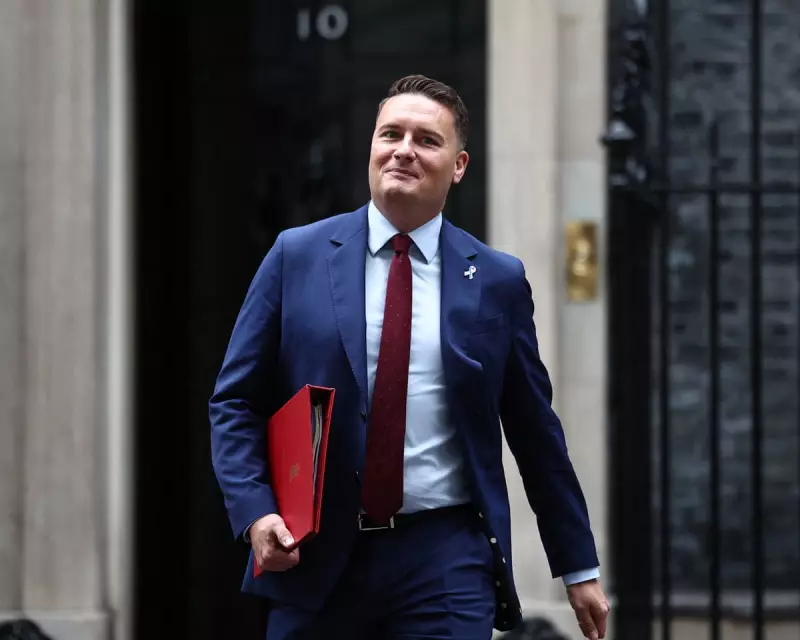
Health Secretary Wes Streeting has been compelled to publicly deny harbouring ambitions to replace Prime Minister Keir Starmer, following what allies describe as coordinated briefings from Number 10 targeting potential leadership rivals.
The Source of Suspicion
The speculation gained traction after a clip from a 2018 comedy show resurfaced in Westminster circles, featuring a younger Streeting confidently predicting he would become prime minister within a decade. While the health secretary has never concealed his political ambitions, recent developments have apparently convinced some in Starmer's inner circle that he represents a genuine threat.
Streeting addressed the rumours directly during morning broadcast rounds, comparing himself to Celebrity Traitors contestant Joe Marler, who was unexpectedly voted off despite his loyalty. An ally remarked that only a cabinet minister with nothing to hide would willingly face such intense questioning.
Policy Divisions and Strategic Shifts
Behind the public denials, genuine policy differences have emerged that have strained relations between Streeting and Starmer. The health secretary has notably:
- Publicly criticised the government's welfare approach and digital ID proposals
- Described Starmer's "island of strangers" immigration speech as a mistake
- Opposed cuts to winter fuel allowances and welfare benefits
- Been the government's most vocal advocate for Palestinian statehood
On Gaza specifically, Streeting has taken positions notably to the left of the prime minister, calling for harsher sanctions on Israel - a stance that reflects both personal conviction and political necessity in his Ilford North constituency, where he nearly lost to independent left-wing candidate Leanne Mohamad.
The Changing Political Landscape
Three key factors make Streeting a potentially viable leadership candidate despite his Blairite credentials:
First, his main rivals face significant obstacles. Andy Burnham lacks a parliamentary seat, while Angela Rayner's recent resignation has weakened her position, though rumours persist of a potential pact between them.
Second, the Labour membership has shifted dramatically since Starmer took leadership. The party has shed tens of thousands of left-wing members, leaving a more moderate electorate that might be receptive to Streeting's platform.
Third, Streeting has deliberately moderated his image in recent months, particularly on Palestine and anti-racism issues. His passionate response to far-right rallies in London, where he challenged the government's emphasis on free speech over protection of minorities, demonstrated his willingness to break with official lines.
Friends confirm Streeting feels genuine frustration with Number 10's slow response to Reform UK and far-right threats, and he appears increasingly emboldened to speak his mind regardless of consequences.






